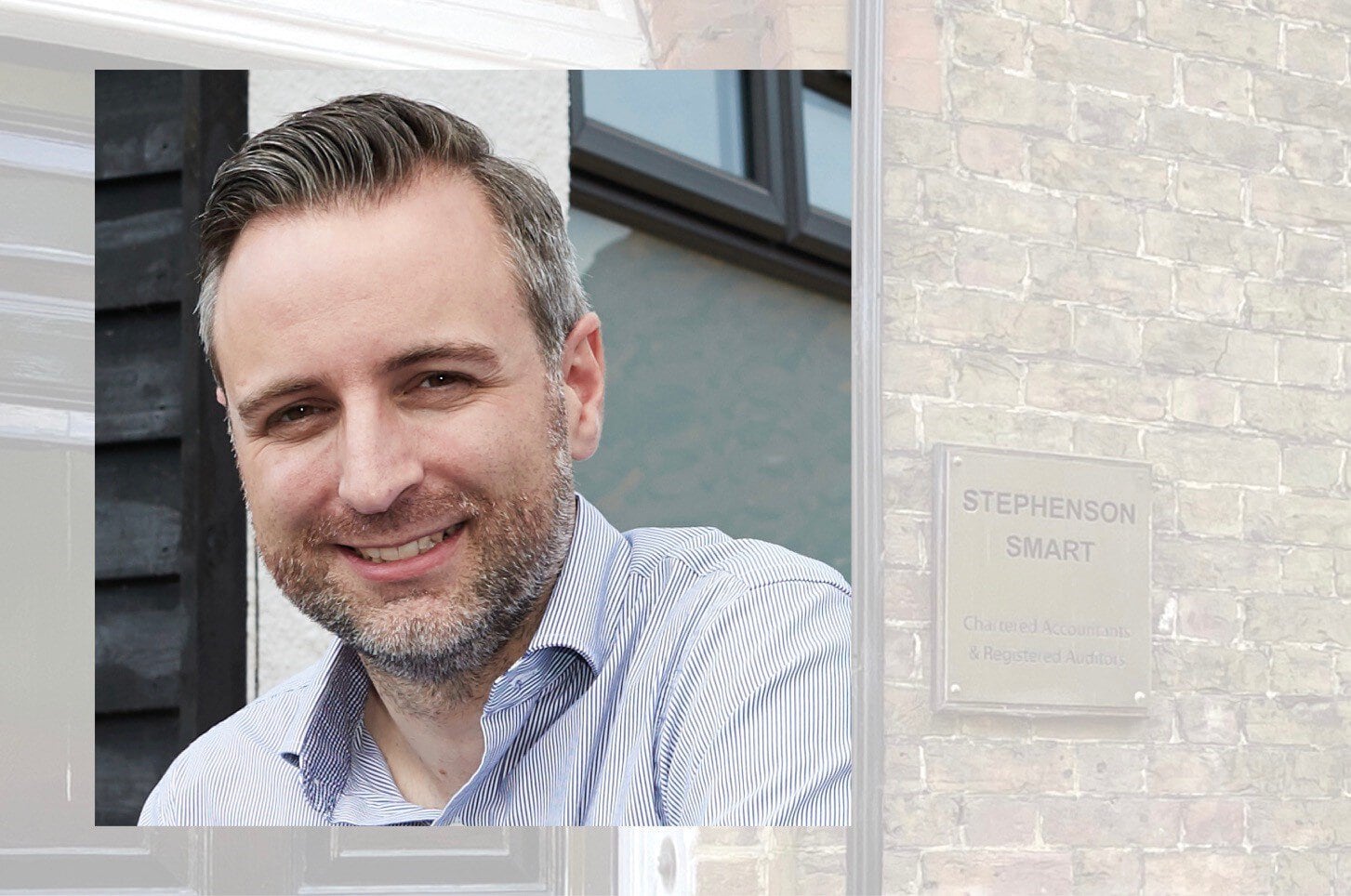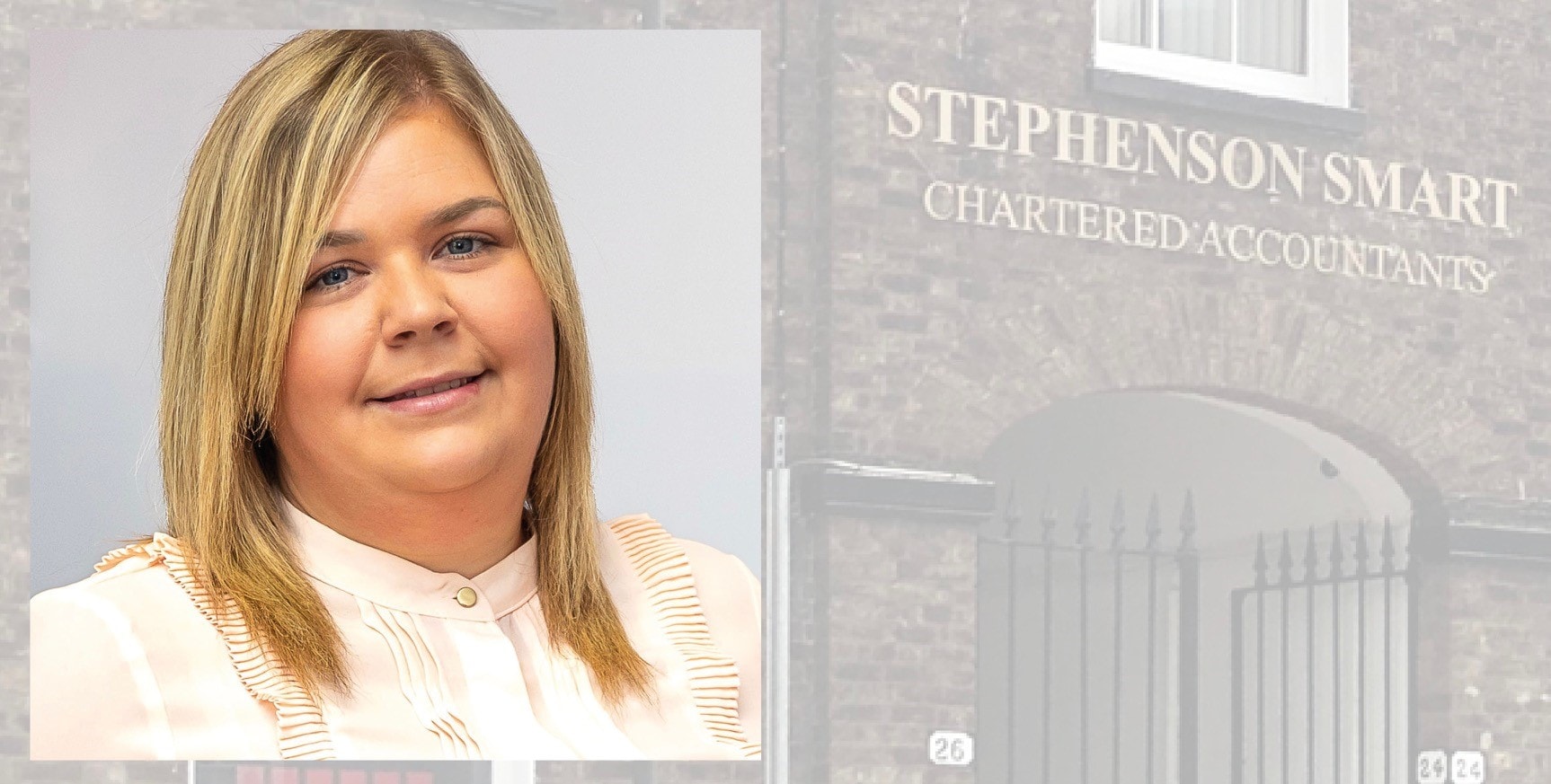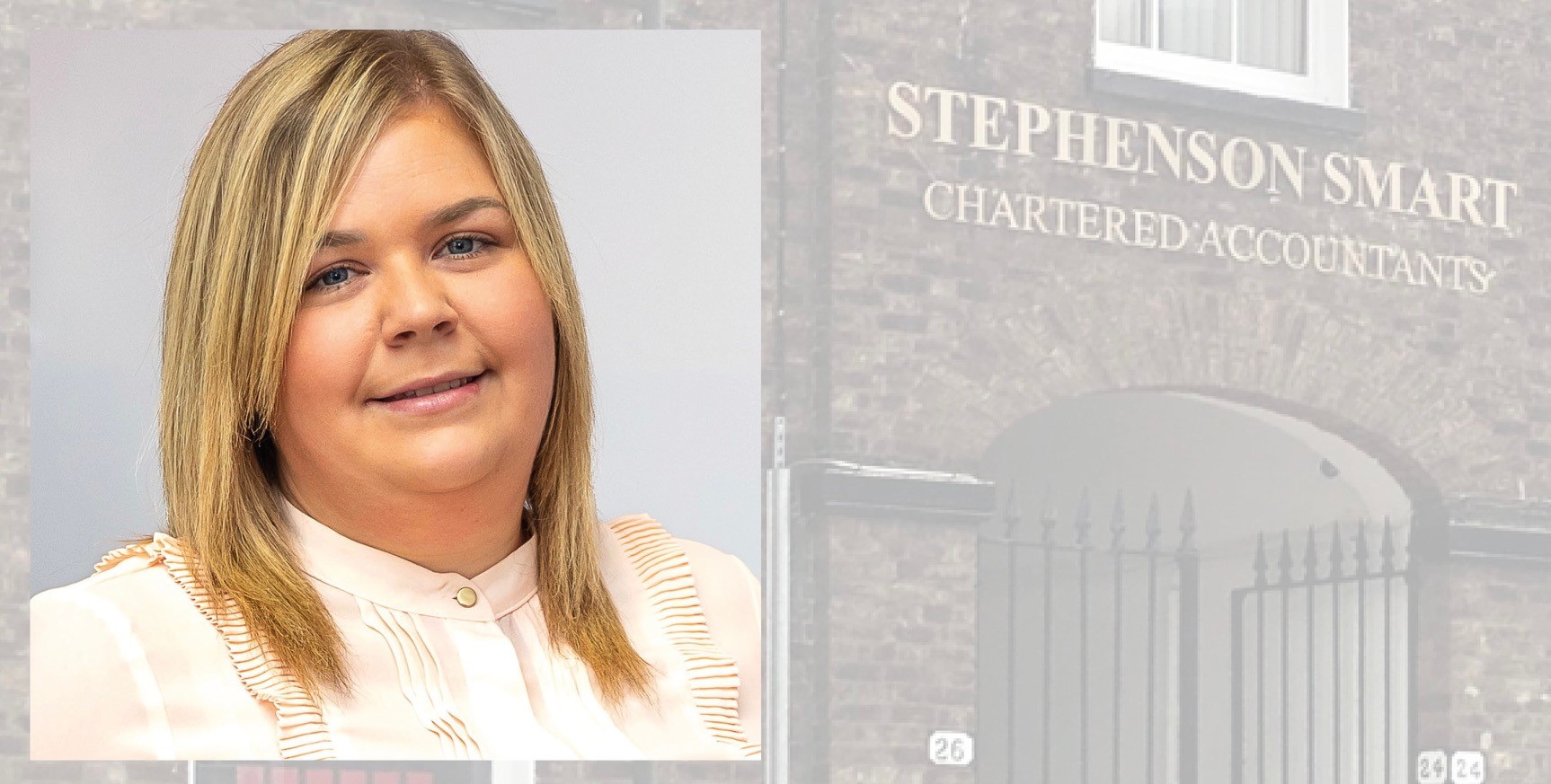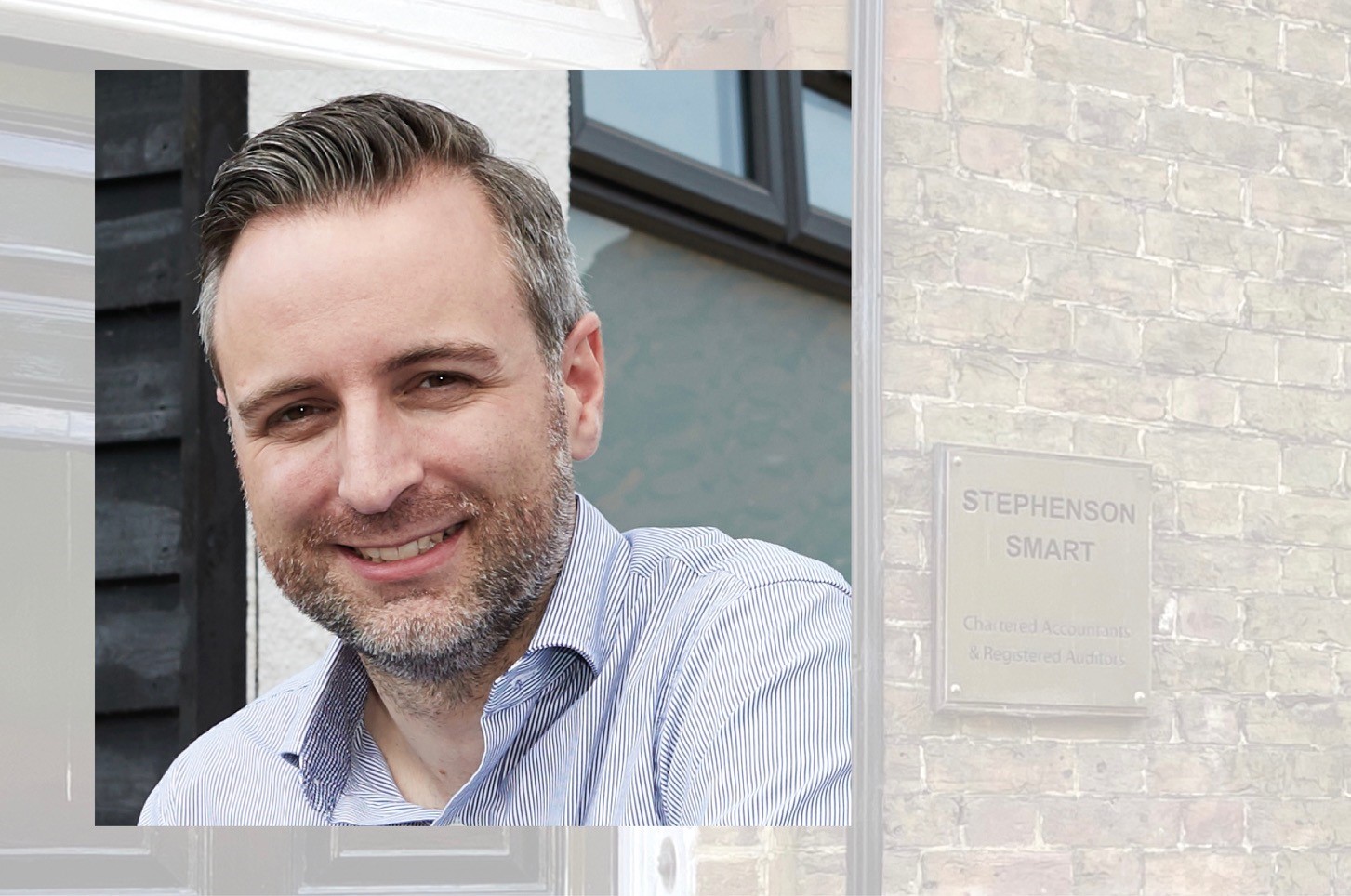11th September 2024
What you need to know about business tax
What you need to know about business tax Whether your business is set up as a sole trader, partnership, or company, you will be subject to various taxes as part of UK tax law. How much business tax do ...
6th December 2023
Advisory fuel rates for company cars
Advisory fuel rates company car - an overview by Partner, Chris Goad: New company car advisory fuel rates have been published and took effect from 1 December 2023. The guidance states: ‘you can use the previous rates for up to one month ...
27th June 2023
Advisory Fuel Rates for Company Cars
Advisory fuel rates company car - an overview by Partner, Chris Goad: New company car advisory fuel rates have been published and took effect from 1 June 2023. The guidance states: ‘you can use the previous rates for up to one month ...
22nd February 2023
Time is running out to make use of super-deduction allowance
Super-deduction allowance announced by the government in their 2021 Spring Budget comes to an end for claims on 31 March 2023. Kayleigh Wilson, Tax Manager at Stephenson Smart, highlights that if you are a company that is looking to purchase ...
9th February 2023
Do you need business start up advice?
Chris Goad, partner Stephenson Smart Chartered Accountants and Business Advisors offers some business start up advice. Business Start Up Advice Longer days and the promise of Spring bring with them a feeling of new beginnings. This is a fitting time ...










